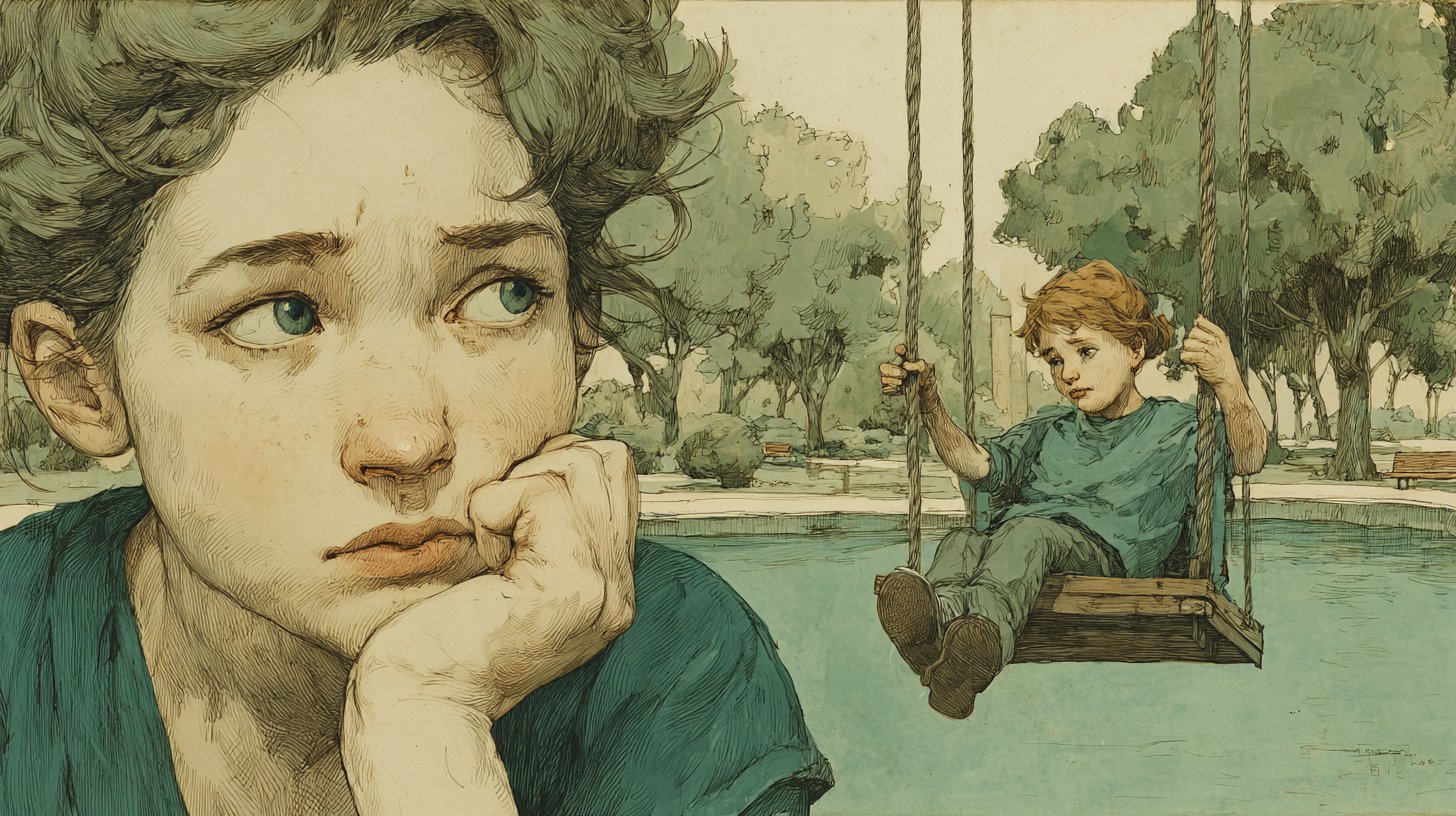The Slowly Eroding Failure in Parenting

Raising our children can be a true adventure. However, there are some toxic habits that we unconsciously apply and that negatively affect our children's development. Criticism, overprotectiveness, and emotional coldness are just some of the behaviors that parents should avoid. Let’s discover together how we can recognize and change these habits.
Parenting is not an easy task, and many of us are caught in a jungle of advice, expectations, and the constant pressure to do it perfectly. We often act with the best intentions, but sometimes it’s precisely these intentions that can lead to toxic habits. By educating ourselves about the most common unconscious mistakes, we can promote not only our own well-being but also the well-being of our children.
Excessive Control and Overprotectiveness
One of the most common and harmful habits is the need to control our children's lives down to the smallest detail. While a certain amount of guidance is necessary, excessive control can severely restrict a child's self-confidence and independence. When parents monitor every adventure of their children and want to protect them from every problem, they take away the chance to gain their own experiences. These experiences are essential for personal development and growth during childhood. Instead, we should learn to trust our children and give them the space to try things out on their own.

Criticism Instead of Support
When parents are constantly critical, the child quickly loses trust in themselves. Instead, we should create a supportive environment where mistakes are seen as learning opportunities. When you apply praise and constructive criticism, you give your child the space to flourish. When children feel valued, they develop a healthy self-esteem. Try to focus on the positive aspects of their achievements instead of immediately pointing out what could be improved. This will not only increase their motivation but also strengthen the relationship between you and your child.

Emotional Availability
Emotional coldness is another habit that is often overlooked. When parents are emotionally absent or unreachable, children often feel isolated and unloved. It’s important to understand that children generally rely on their parents being emotionally present for them. Spend quality time with your children regularly, listen to them actively, and show genuine interest in their lives. Even if you think they don’t need validation, your active interest in their thoughts and feelings will deepen the bond between you and promote their emotional stability.

In summary, we as parents must constantly work to reflect on our behavior and develop ourselves and our children. By recognizing and shedding toxic habits, we create a healthy, loving, and supportive environment for our children. This will have an impact on their development, self-esteem, and ability to cope in the world. It is never too late to make positive changes and to take a new course in parenting.
Remember that parenting is a process. We are constantly learning and developing our skills. Be patient with yourself and celebrate every small improvement. The goal is not perfect parenting but to create a loving and respectful relationship with your child. Together, we can shed toxic habits and provide our children with a healthy foundation for their future lives.


